Student Blog
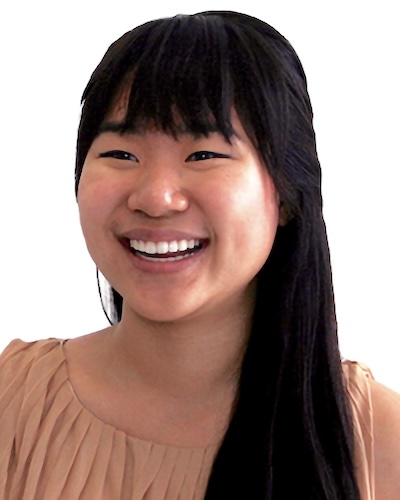
Cognitive Disabilities Model ⟩
September 27, 2012, by Alisa
This week in class was very interesting. I learned about the cognitive disabilities model, and the guest speaker was Catherine Earhart, one of the developers of the Allen Diagnostic Module. As part of the assessment, clients get to make a greeting card! The assessment allows us to quantify the data using the Allen scale of levels and modes, which provide a specific activity analysis identifying the cognitive and motor requirements of meaningful activities that clients desire to do. This can give us a baseline of where and how you want to treat the clients next. It is important to know that there might be various factors that affect clients’ performance; therefore, the assessment data has to be collected throughout time before a pattern can be detected. Another assessment, Allen Cognitive Level Screen-5 (ACLS-5), clients perform three visual-motor tasks of leather lacing stitches with increasing difficulty. I did not have difficulty with the running stitch or the whipstitch, but I had great difficulty with the single cordovan stitch. Overall, it is an interesting assessment used can be used in mental health settings and other settings, too!
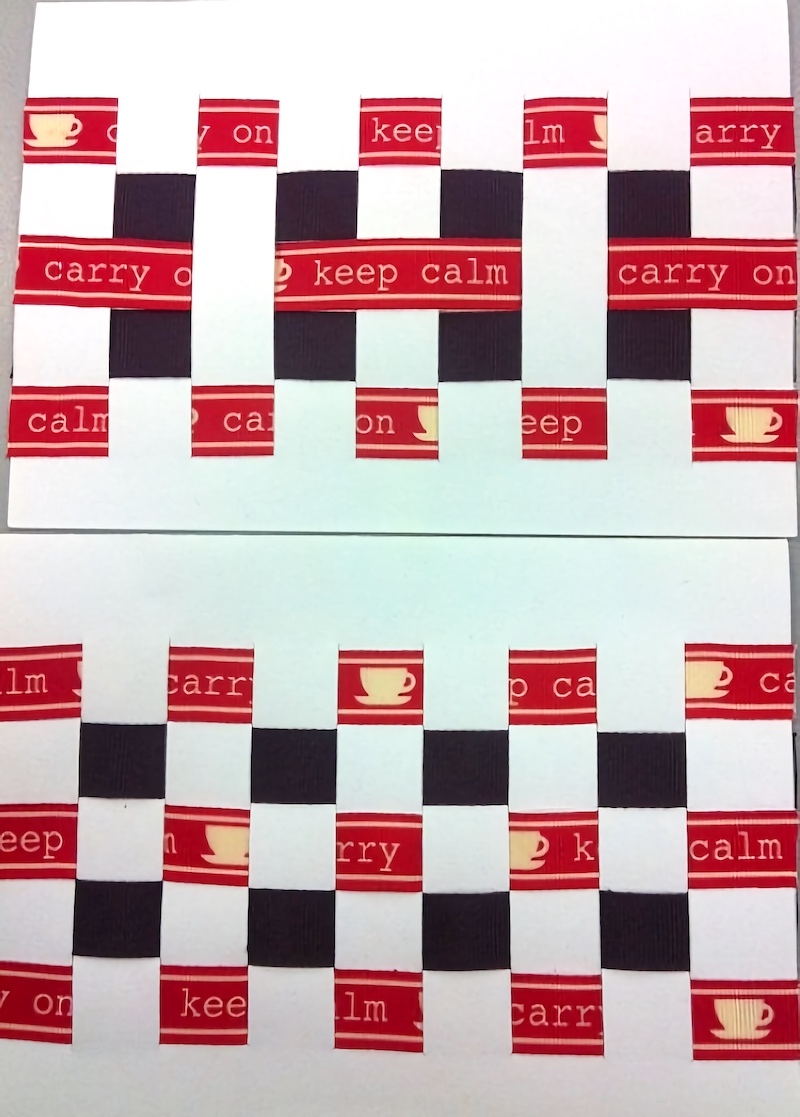
⋯
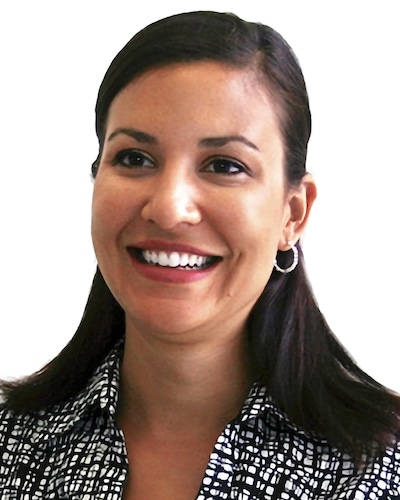
First Day of Fieldwork ⟩
September 24, 2012, by Amber
Last week I began my level one fieldwork experience at Rancho Los Amigos National Rehabilitation Center. Each semester, our courses are focused on a particular practice area of occupational therapy: adult physical rehabilitation, pediatrics, or mental health. To compliment this coursework, we have the opportunity to spend one day per week at a fieldwork site in that practice area. This semester I am in the adult physical rehabilitation immersion, and was lucky enough to be placed at the top rehabilitation hospital in the Western United States. Rancho Los Amigos is situated on a beautiful campus in Downey, and has a long history. In 1888, it was known as the Los Angeles County “Poor Farm.” In the 1950s, it was a respiratory center for polio patients. Today, the hospital helps patients with disabilities regain skills and learn techniques to accomplish basic activities of daily living, and return to work or school if possible.
I was placed in an outpatient unit that specializes in treating people who have sustained spinal cord injuries. My role was to observe an occupational therapist, and potentially do some hands-on interaction with the patients. The first patient of the day was a middle-aged man who had been injured in a fall at work. He used a wheelchair and had extreme weakness in his upper body. It was his third visit with the occupational therapist, and we worked on activities to strengthen his upper extremities. He really pushed himself, and it was wonderful to see the slow progress he was making. Later that day, I got to observe and use the driving rehabilitation equipment, and spend the afternoon in the stroke rehabilitation unit. I am very excited to continue my fieldwork and learning experience at Rancho Los Amigos.
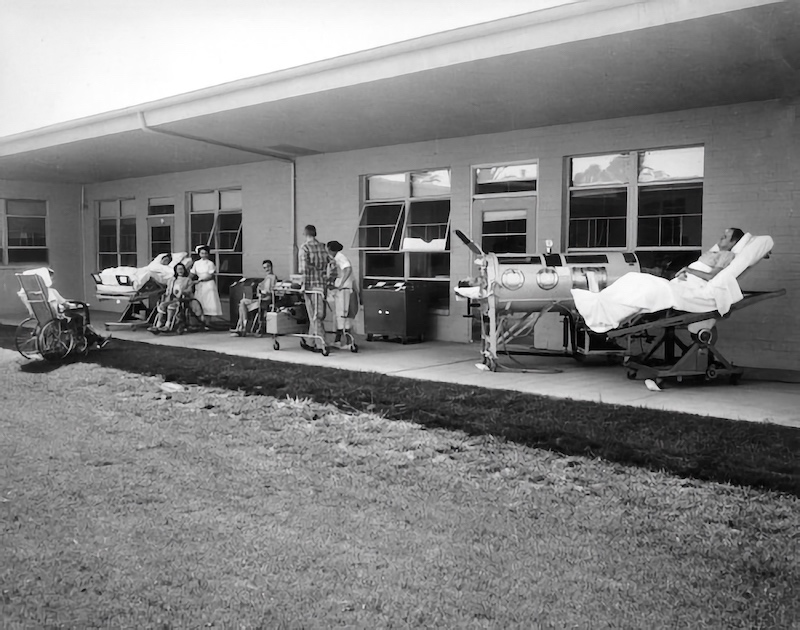
Rancho Los Amigos National Rehabilitation Center
⋯

Yoga: My Personal Medicine ⟩
September 22, 2012, by Alisa
In my readings in my Mental Health class this week, I’ve read about personal medicine versus medications. Deegan defined personal medicine as “the activity that gives life meaning and purpose.” I remember a time when I cramps, and the pain affected my ability to function. My first instinct was to take Advil for pain relief, but ever since I have been doing yoga, which I considered to be my personal medicine, I don’t rely as much on taking pills. There are certain poses I could take such as child’s pose and my all-time favorite corpse pose that have restorative benefits. I could see how engaging in yoga benefits me and helps me to be more mindful and calmer. I learn to pay attention to my breath because it puts me in the here and now. Also, I just purchased the USC Workout Group Exercise and attended a yoga class. I look forward to doing that on Tuesdays! I’m going to try to do some more yoga throughout the week as well. I find it as a great stress reliever.
⋯

First day at Fieldwork ⟩
September 21, 2012, by Alisa
This week I started my level I fieldwork in mental health. I am placed at Project 180, a forensic treatment agency, in downtown Los Angeles. Clients have a mental illness as well as a substance abuse issue. Programs include the re-entry program, where clients join Project 180 after serving their time in jail or the diversion program, where clients join Project 180 instead of going to jail. The 12-18 month programs are structured in phases, culminating with a graduation ceremony at the end. There have been instances where Project 180 staffs have worked directly with clients in jail. I was able to observe three group sessions: mental health, job skills, and thinking errors. It was eye-opening to be able to hear a lot of members share their stories openly. To actually be able to hear someone who has had first-hand experiences of what it’s like living with a mental illness was a very humbling experience. It made me realize to be thankful for what I have in my life and the support system and to have an attitude of gratitude wherever I go. I appreciate how committed the staffs at Project 180 are to their clients and to each other. I look forward to more group sessions with the clients and individual sessions, too. I learn a lot from just listening to them. So far, it’s been a wonderful experience, and I’ve also made a canine companion at fieldwork, too! Meet Indiana Jones.

Indiana Jones
⋯
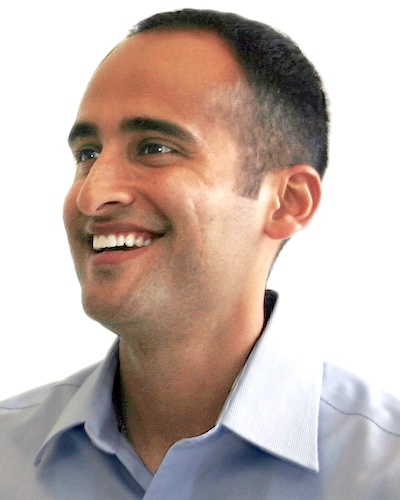
People Change! ⟩
September 20, 2012, by Ricky
You ever sit around with your girlfriends and talk about that guy who keeps letting you down, and your girls are like, “leave that dud.” But you remain hopeful and say, “he might change, though.” And they all respond in unison, “people don’t change . . . you’re being naïve to think that you can change somebody.” Well, I’ve always believed in giving people the benefit of the doubt . . . and that’s probably contributed to my decision to become an OT, I’m sure. Recently, in my class, Health Promotion and Wellness (OT 504), we’ve been talking a lot about change, and let me tell ya, OTs love them some change. As a matter of fact they’re banking on it. My training in OT (and please note that I am not done being trained) has introduced me to concepts like life-span developmental psychology, where it is argued that biological, cognitive, and psychosocial changes continue throughout the course of life. Much of our work in physical rehabilitation relies on the principle of neuroplasticity, which refers to changes in the brain and nervous system that result from changes in behavior, the environment, and neural processes. So, in conclusion, ladies, don’t be so hard on us guys . . . haha, just being silly. No but really, people change, and I am so excited to be in a program that is providing me with the tools to help support others as they change for the better. Go OT!
⋯





